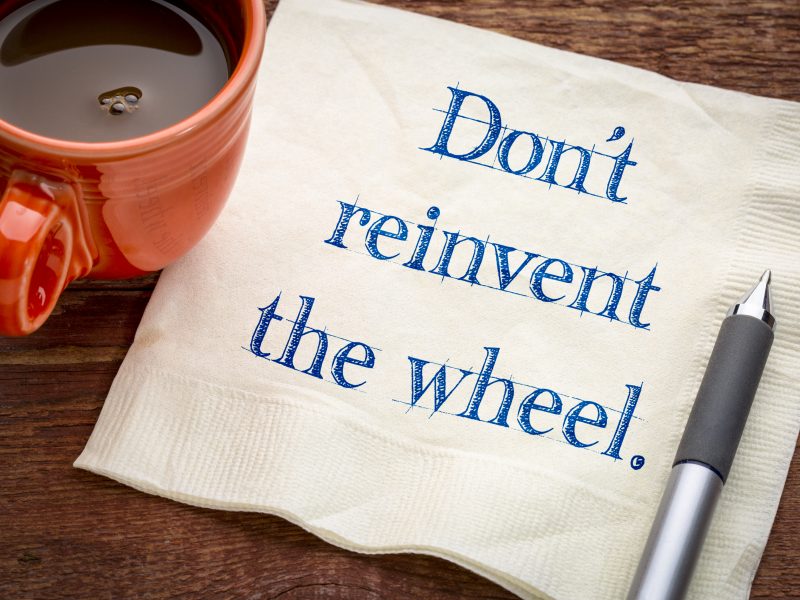So, we have a successful proof of concept and Dad really enjoys our remote Scrabble games. We’ve been playing most days for the past couple of months so confident it has long-term appeal and is worth pursuing further.
A BBC article advertising a podcast series on the topic confirms that there is real interest in and benefit to be gained from helping the elderly to play games such as this.
My approach has been reviewed by an expert in the word-gaming space and does not appear to be duplicating other efforts. The version he has developed for the blind – Wordvoyance – isn’t aimed at the partially sighted. So, where do we go next?
This isn’t my “day-job” so has to fit around other projects – at least for the next few years till I retire.
Goals
These are now a lot clearer…
Short-term
Stay focused on the current niche – of at least one partially-sighted (specifically, Age-related Macular Degeneration – AMD – suffering) user playing Scrabble-like games.
Automate word validation and scoring – by using the open-source Quackle library – so I can concentrate on making the game accessible for partially sighted users rather than reinventing how to play and score the game.
Support multiple concurrent games so Dad can play others within the family. Do I also let him play “the computer”? Quackle supports this but would that reduce the social contact benefits I’ve found come from interacting with your opponent?
Improve the messaging between players – moving away from the clunky and limiting WhatsApp approach to something more tightly embedded and less intrusive.
Long-term
Feels like there’s most to gain by focusing on the elderly – and the challenges they face playing these games – rather than just the visual impairment.
Make the app available to others – perhaps within a family or care home by invitation rather than fully public to avoid opening up vulnerable users to potential scams, spam and privacy issues?
Recent experience watching Dad try to sign up to websites makes me think that the asymmetric approach already adopted within the proof of concept should be extended to the overall experience. Let’s give families tools to help their aged relatives as much as possible.
Go beyond just making the game playable. Look at how to improve social interactions and helping to preserve brain function.
Generalise the approach – first to other word/letter games such as crosswords, hangman, Wordle etc.
Next Steps
Time for a serious architecture discussion with my colleague and co-founder of Software Hothouse, Richard Heap!
Time for a rebrand too. “play2.care” – which I’d been using to get started – is being replaced as it’s too close to “Play2Care.org” – which is totally unrelated. So, now moving to “visibler.org”.
And time to reach out to some experts in AMD and technology – via https://macularsociety.org for starters.


